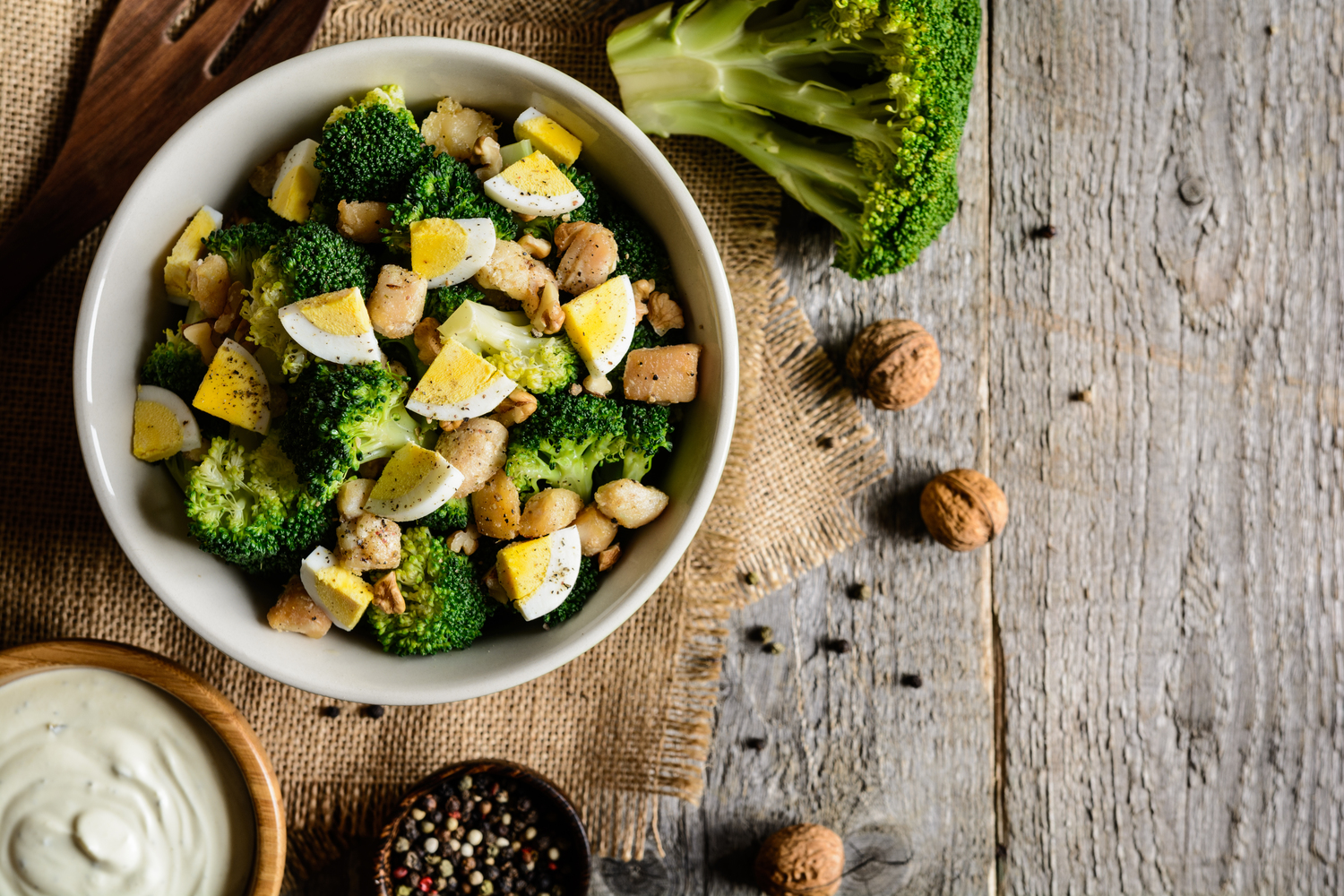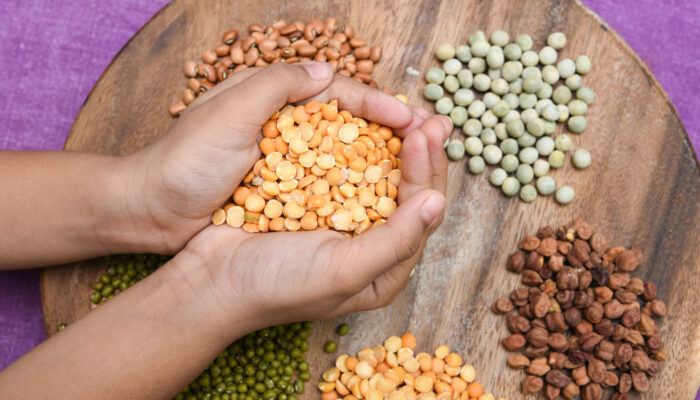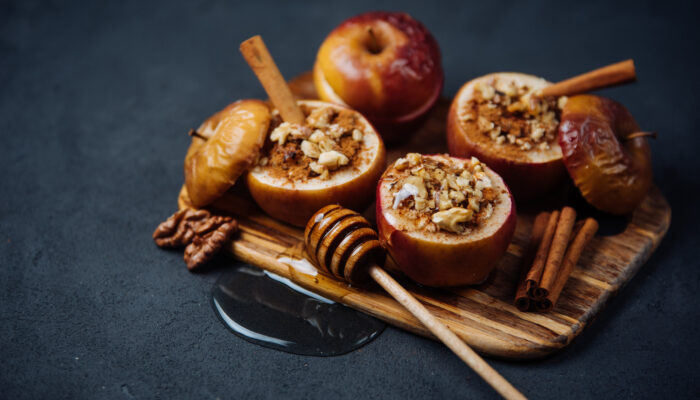
Diet and Lifestyle Tips for Post-Cancer Recovery
With a cancer diagnosis the available options for treatment include surgery, radiation therapy, chemotherapy and immunotherapy. These treatments, in combination or separately, can be hard on the body with side effects that could include nausea, vomiting, diarrhea and resulting weight loss and low energy level. Recovery would require changes in lifestyle and diet to regain health and live a longer better life after cancer.
Changes include a diet without cancer-friendly foods but foods that support immune health, recovery and lower the risk of cancer. Eating healthy to achieve your recovery goals and continued health can include the following foods:
1. Cruciferous vegetables
The vegetables in this group like Broccoli, cauliflower and kale are foods considered as having elements shown, in studies to be potently anti-cancer and can reduce the size of tumors. They contain sulforaphane which has been shown to reduce breast cancer. And is also associated with lower risk of colon and colorectal cancer. Using more of these vegetables can increase your ability to keep cancer away.
2. Berries
Berries such as blueberries, blackberries and strawberries contain antioxidant and have many vitamins, minerals, and fibers that are health enhancing. They should be an important part of your daily intake because of the great health benefits they can give you. Anthocyanin, present in blackberries, has been shown in a study to lower the biomarker for colon cancer. Another study showed the anti-inflammatory properties in blueberries as having the potential to prevent growth of cancer tumors.
3. Carrots
Carrots are another kind of vegetable known to carry essential nutrients like vitamin A, vitamin K, and antioxidants. They are noted for their high levels of beta-carotene, which support the immunity system, and may prevent some kinds of cancer. Several studies have also shown that beta-carotene is linked to reduced risk of stomach, prostate and breast cancer.
4. Fatty fish
Fatty fish, which includes salmon and mackerel, are rich in nutrients, and vitamin B, omega-3 fatty acids and potassium which support health and lower cancer risk. A study showed that people who were on diets with significant amounts of freshwater fish had a low risk of colorectal cancer. The consumption of fish oil also showed lower risk for colon and prostate cancer.
5. Walnuts
The American Institute for Cancer Research has found that nuts generally show cancer-prevention qualities, but the focus of studies has been more on the health benefits of walnuts. Walnuts contain a substance which can be used by our bodies to prevent cancer.
6. Legumes
The high fiber content of legumes such as peas, beans, and lentils, may also help lower our risk of getting cancer. Studies show a link between a lower risk of colorectal and breast cancer and high legume consumption.
7. Supplements
Though foods mentioned above should be easy to get, there may be other factors that can be challenging for consistent use for some people. But always remember that having a balanced meal with lots of vegetables, fresh fruits, and healthy fats will help in maintaining optimum health. Supplements containing the needed anticancer nutrients and vitamins can also be bought as capsules or in tablet form for use. These should be used with guidance from your doctor or a medical professional.



